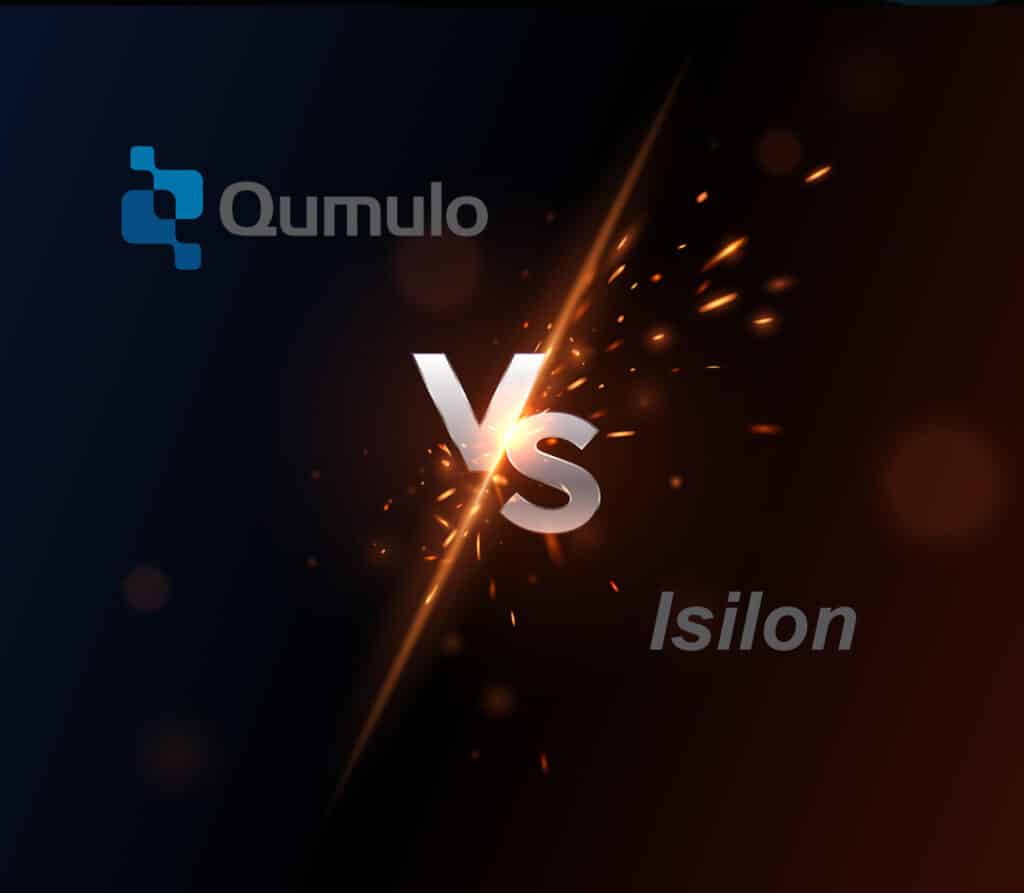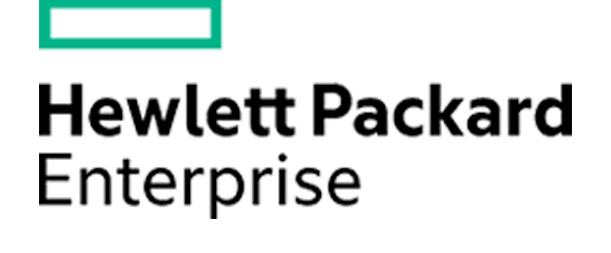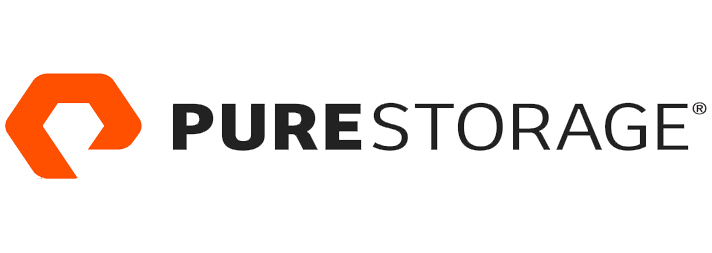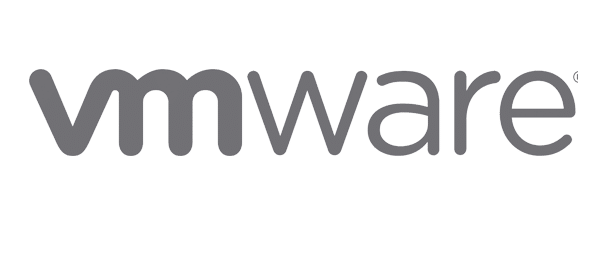Qumulo vs. Isilon for Unstructured Data
According to an IDC report, the total amount of data in the world will grow at an annual rate of 61 percent through 2025. About 80 percent of the data processed by organizations each day is unstructured data.
Unstructured data includes email, audio, video, social media content, documents, instant messages, sensor data, and any other data that doesn’t fit neatly into a database. Of course, this data is still essential to your organization.
The business-critical nature of unstructured data, along with the complexity and sheer volume generated daily, are placing an enormous strain on storage environments. More specifically, Comport has seen firsthand how storage infrastructure solutions that weren’t designed to handle unstructured data fail to offer the scalability, efficiency, visibility, performance, or control required by most organizations.

How the Comport-HPE-Qumulo Combo Takes Control of Unstructured Data
Isilon: The Necessity to Rethink your Approach to Unstructured Data
Managing unstructured data requires you to rethink your approach to architecture. A modern, software-defined approach will allow you to manage high data volumes more efficiently and utilize a higher percentage of storage capacity. At the same time, a flash-based architecture will deliver the performance required to process complex, unstructured data in a high-density, scale-across environment that’s capable of adapting as data requirements change.
Comport recommends using HPE Apollo 4200 servers with Qumulo File Fabric (QF2) to overcome the challenges of unstructured data growth. The best way to illustrate the value of the HPE-Qumulo combination is to compare it with Dell EMC Isilon scale-out, network-attached storage (NAS) architecture in several key areas.
Qumulo vs Isilon: Compare and Decide:
- Software-Defined vs. Hardware-Dependent
Qumulo File Fabric (QF2) is a software-define storage solution built for hybrid cloud. It can run workloads on commodity hardware – on-premises, in the cloud, or both. Dell EMC Isilon on the other hand is hardware-dependent, which limits flexibility, and it cannot run file system hardware in the cloud. - Full Capacity and Performance
85% of Isilon’s file system is usable for file storage before you run into performance problems. Sounds great right? Let me ask you a question, would you buy a house where you couldn’t use 15% of it? Comport believes usable capacity means usable capacity which is why we would recommend Qumulo vs Isilon. Qumulo allows you to use 100 percent of capacity without compromising performance. - Performance
Qumulo is built for flash. Isilon is not. Period. With Isilon, implementing data protection can be resource-intensive. Protection policies reduce storage efficiency as multiple copies of data are retained as protection blocks. Qumulo’s block-based protection system on the other hand delivers better small file performance, rebuild times, and file contention. Performance in mixed-file environments is significantly faster because every write goes to flash before content is stored on disk. - Efficiency
With Isilon, file system tree walks can take days or weeks, exposing systems to slow performance while also preventing access to cluster information. With Qumulo, tree walks aren’t required when recovering failed drives because all rebuilds happen underneath the file system at the block level. THis means Qumulo’s re-protect times are consistent, predictable, and measured in hours with no over-provisioning. - Real-Time Analytics
Qumulo provides real-time insights into what’s driving the growth of your storage footprint, as well as storage performance, usage, and IOPS via IP address. A predictive, read-ahead cache shows performance benefits on both read and write of SSD, with the cost benefits of HDD. Isilon is limited to reporting on used space and raw space, while Qumulo can report both consumed space and available, usable space. Isilon’s file system analytics are also not real-time. Once you get beyond basic network performance metrics on cluster, tree walks and InsightIQ off cluster are required.
Why HPE and Qumulo Make a Great Team
HPE’s Apollo Gen10 Server line is an ultra-dense, rack-scale system that strikes the right balance of capacity, performance, and security to support flash and storage-intensive workloads. The architecture is balanced, scalable, cloud-ready, and optimized for a variety of workloads including software-defined storage, big data analytics, backup/archive, delivering high performance and bandwidth needed for large amounts of unstructured data.
Reduce your organization’s security risks with native data encryption, sophisticated access controls, file access auditing, file immutability, and deletion prevention. HPE Apollo is the ideal server for QF2.
So who who wins in the match: Qumulo vs Isilon
When it comes to Qumulo vs. Dell EMC Isilon for managing unstructured data, it’s not even close. Qumulo wins in 5 separate categories. Want to learn more? Comport can work with you to determine the right storage solution for your needs.

























